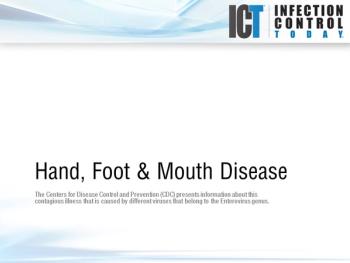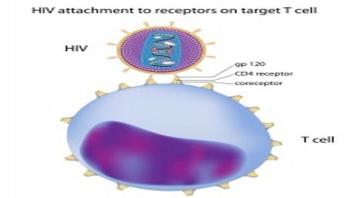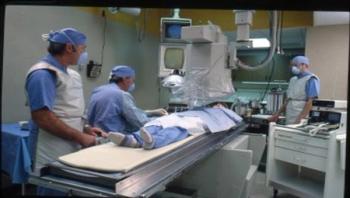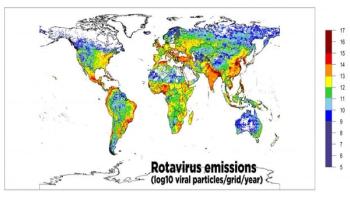
News






Infants and children who are given prescription acid-reducing medications face a substantially higher risk of developing Clostridium difficile infection, a potentially severe colonic disorder. The findings, reported by Columbia University Medical Center (CUMC) researchers, suggest that pediatricians may do more harm than good by prescribing these drugs for children who have non-specific gastrointestinal symptoms such as occasional vomiting. The study was published recently in the online edition of Clinical Infectious Diseases.







Blood poisoning, known as sepsis, is the most common cause of death in intensive care units, according to the National Institutes of Health. The body’s immune response to fight the infection triggers inflammation that restricts blood flow and leads to multiple organ failure. The healthcare team’s goal is to return the patient’s central venous oxygen saturation level to at least 70 percent within six hours or less, explains professor Huitian Lu of the South Dakota State University Department of Construction and Operations Management. If that doesn’t happen, “the patient mortality will be high-the first six hours are critical.”

Humans aren't the only ones who like to cruise along the waterways, so do viruses. For the first time, a map of fecal viruses traveling our global waterways has been created using modeling methods to aid in assessing water quality worldwide.

Just as militaries need to have trained, experienced soldiers ready for future wars, making sure that the immune system has enough battle-ready T cells on hand is important for fast-acting, more effective vaccines, according to Penn State researchers. In a study of immune response in mice, the researchers found that regulatory T cells -- Tregs -- are critical for the immune system's ability to remember and fight off future pathogen attacks. T cells, which are specialized types of white blood cells, play important roles in the immune system and immunological memory.

The urban mosquito that carries the dengue fever virus is hitching rides on river boats connecting the Amazonian town of Iquitos, Peru, with rural areas. PLOS Neglected Tropical Diseases published a study by disease ecologists at Emory University, showing how the Aedes aegypti mosquito, which is normally associated with urban areas, is tapping human transportation networks to expand its range.












A joint mission by the World Health Organization and the Republic of Korea’s Ministry of Health and Welfare to review the outbreak of Middle East Respiratory Syndrome coronavirus (MERS CoV) in the Republic of Korea has recommended that continuing strengthening of contact tracing, monitoring and quarantine as well as expanded laboratory testing will prevent further spread of the virus.

A new study has found that orange sweet potato (OSP) reduced both the prevalence and duration of diarrhea in young children in Mozambique. The OSP was conventionally bred to provide more vitamin A in the diet. In Africa, more than 40 percent of children aged under 5 are estimated to be at risk of vitamin A deficiency. This increases the risk of diseases such as diarrhea, which is one of the leading causes of mortality in children, taking more than 350,000 lives of children under 5 in Africa every year.